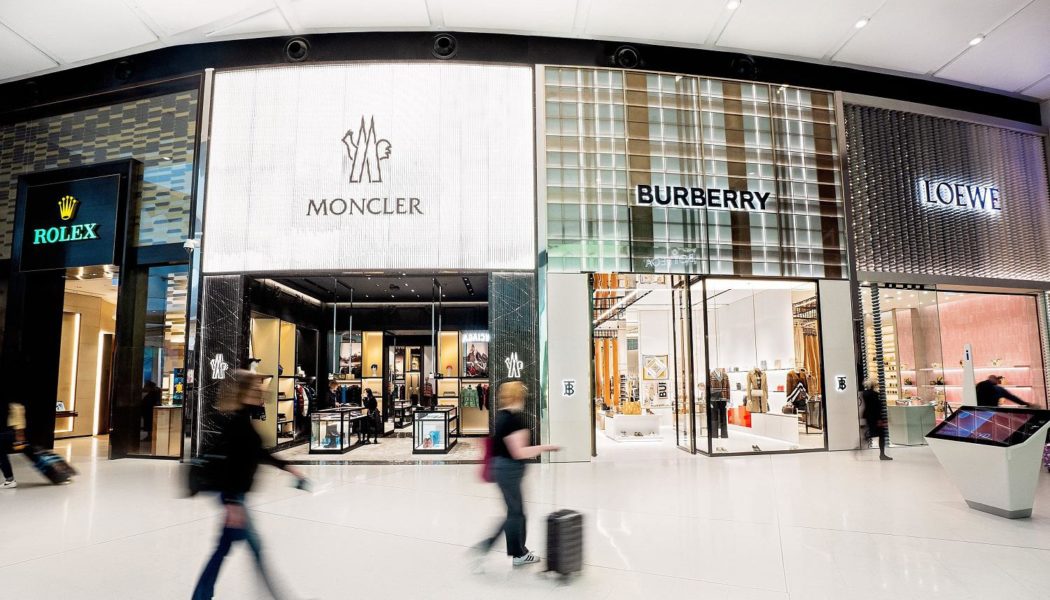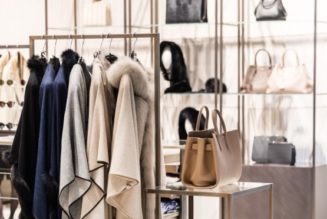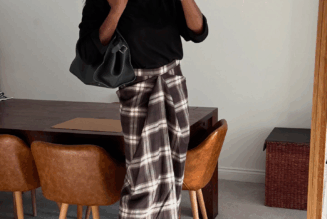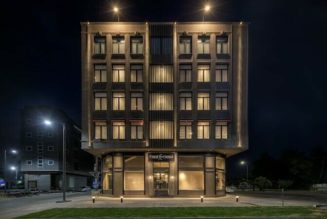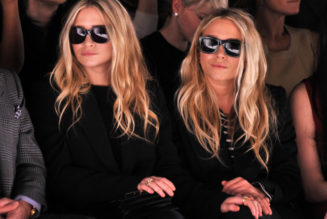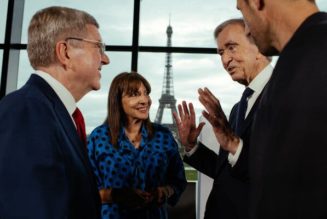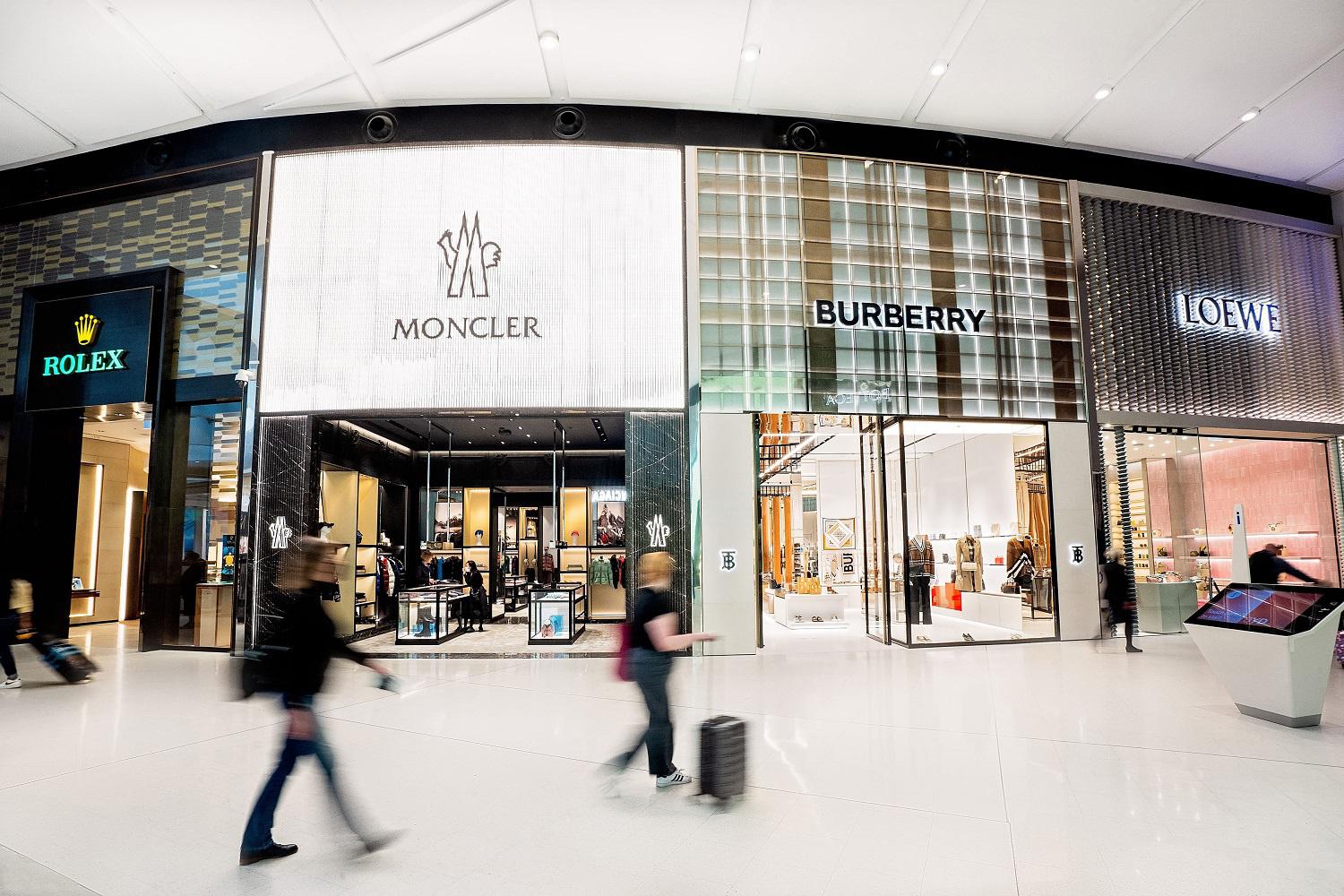
Sydney Airport’s ambitious gallery of luxury boutiques is almost complete. LVMH-owned Tiffany has just joined the lineup, and Cartier and Versace will complete the precinct—claimed to be the largest collection of luxury brands in Australia—by mid-year.
Called SYD X, the new 30,000-square-foot, high-end precinct is located at the airport’s international terminal and will be home to 20 coveted brands all under one roof. Among the big names with their own standalone boutiques are Balenciaga, Burberry, Bvlgari, Dior, Gucci, Hermès, Louis Vuitton, Moncler, Rolex, and, Valentino. Many of the spaces are reworked from a previous, smaller luxury offer that the airport had introduced more than five years ago.
Tiffany’s re-opening coincides with the revamp of the tax-free offer by longstanding duty-free concessionaire Gebr. Heinemann, which has expanded its beauty brands, and whose new assortment now includes fashion accessories. Among the new accessories labels available are Chloe, Kenzo and Lanvin.
SYD X is positioned after security and before the departure gates. The latest offer was developed with support from Australian entrepreneur and luxury fashion expert Gab Waller, best known for her skills in sourcing the unobtainable for A-listers including the Kardashians.
The concept is housed in a double-sided streetscape with an elliptical design to make it easier for travelers to navigate. There is also a GST (general sales tax) exemption area, so that passengers can buy their luxury items tax-free at the actual point of purchase.
Worth arriving early for?
In her capacity as an ambassador for SYD X, Waller described it as “a game changer” and added: “I can do all my shopping before I fly, avoid the queues in the city malls, and snap up travel exclusives only available at the airport. And it is tax free.”
Sydney Airport’s executive general manager of commercial Mark Zaouk commented: “In 2019, we set out to change the face of luxury at Sydney Airport. Meticulous work has gone into creating a unique luxury shopping destination and there is more to come.” This was a reference to the arrival of the Cartier and Versace boutiques, the final pieces to slot into the concept.
The Louis Vuitton store made a splash when it opened at Sydney Airport.
The timing is good for the completion of the project. Shopaholic Chinese consumers are traveling again and, while their numbers are yet to increase significantly into Australia, the mood is positive about that happening.
Sydney Airport CEO Geoff Culbert said: “With the border to China reopening earlier this year, we anticipate the number of Chinese travelers to increase significantly throughout 2023, especially with more capacity returning to key routes.”
But capacity growth has been an issue. In January, on the first anniversary of Australia reopening its international border, Sydney Airport processed just over three million passengers, representing a recovery of 79% compared to pre-Covid January 2019. The key international component was less than half of the total at 1.23 million and the recovery was also smaller at 74% versus two years ago.
Numbers are still challenging
It has taken a year to get to this point and it is not clear quite what a Chinese rebound will look like for Australia. Their presence will be a major influence on the success of the airport’s luxury precinct.
Currently, Australians and New Zealanders are the top two nationalities traveling through Sydney Airport, with U.S. passengers ranked third overall. Their numbers were between 16% and 25% down in January against January 2019. Meanwhile the Chinese were 77% down. The most resilient country was India, down by just 11%.
Culbert said: “It has been a challenging year for Sydney Airport since Australia reopened its border, but we are now seeing a steady stream of international travelers eager to explore the world again. While passenger numbers have increased since our border reopened, frustratingly the recovery is being impacted by the lack of capacity on key overseas routes.”
This is reflected in January numbers from the U.S. and U.K. at only 75% of pre-Covid, while passengers from previously busy European routes to, for example, Germany and France, were even fewer.
